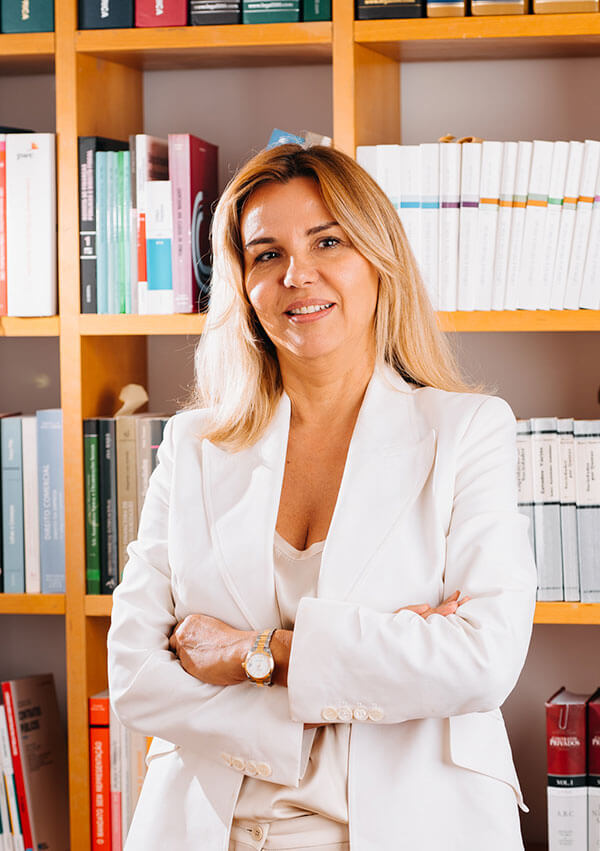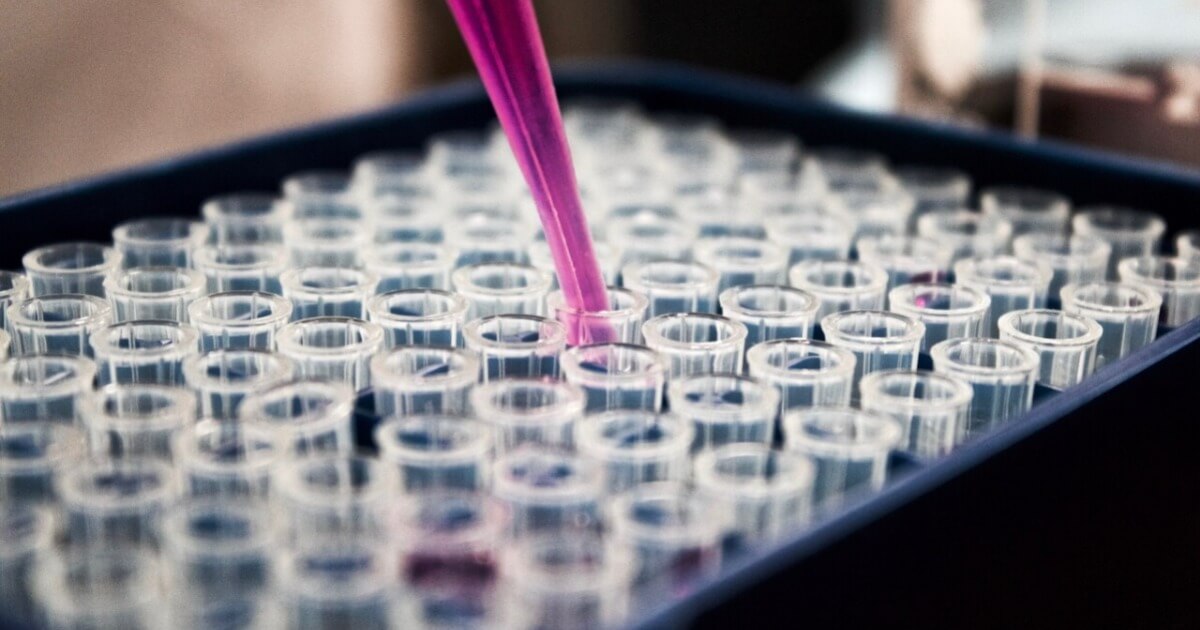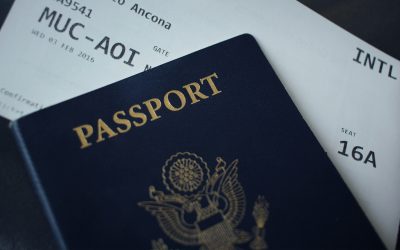Through the Portuguese Patent Box, companies, particularly those in the Information Technology industry, and the creators/owners of software can reduce their tax burden. The Portuguese Patent Box is a tax incentive that intends to lower by 85% for calculating taxable income, the value of revenue from contracts that involve the temporary assignment or use of certain industrial property rights.
Portuguese Patent Box Scheme
Beneficiaries and Tax Benefits
The patent box scheme applies to Portuguese corporate income taxpayers who reside in Portugal and non-resident taxpayers with a permanent establishment (PE) in Portugal.
Given the above, the Portuguese patent box system defines the taxes of just 15% of revenue derived from contracts involving the assignment or temporary use of patents, industrial models and drawings (registered industrial property rights) and copyrights on registered computer programs (software). This benefit also applies to earnings derived from the breach of any of these rights (indemnities).
Requirements for the Portuguese Patent Box tax benefits
Companies wishing to benefit from the abovementioned tax benefits must fulfil the following criteria:
- Registration of the intellectual property;
- Correct identification by the licensor in its accountancy:
- Of the income deriving from its assignment or temporary use; and
- The expenses or losses incurred to execute R&D activities are directly imputable to the right subject to assignment or temporary use.
- The licensee must use the assigned right to pursue commercial, industrial or agricultural activities.
- The results of the use of the rights cannot be materialized in the delivery of goods or services that originate tax-deductible expenses in the licensor entity (this is an anti-abuse rule that is particularly relevant in the case of unique relations between the companies, as well as on the issue of transfer pricing arm’s length principle).
- The patent box regime does not apply to licensees who are residents in a blacklisted jurisdiction.
Deductible Expenses
Only costs or losses directly attributable to R&D operations, including the following, are deductible.
- Acquisition of tangible and intangible assets, in proportion to their allocation to the R&D activity;
- Personnel costs directly allocated to the R&D activity;
- The hiring of R&D activities;
- Costs associated with the acquisition, registration, and maintenance of patents;
- Costs associated with research and development audits;
- Costs related to demonstration actions resulting from supported research and development projects.
- Funded research and development initiatives
- Expenses and losses of a financial nature, such as interest and those associated with real estate purchase, construction, or depreciation.
The importance of Incorporating in Madeira Island
Companies conducting the operations above may benefit from the general corporate tax rate (14,75) applicable to companies resident in the Autonomous Region of Madeira, Portugal, instead of the rate applicable to mainland resident companies (21%). This means a corporate tax rate of approximately just 2,205%.
Notwithstanding the clear corporate tax advantage above provided by company incorporation in Madeira. Should the company incorporated in Madeira be licensed within in the Madeira International Business Centre (MIBC), the following benefits shall also apply:
- 0% withholding tax on licensing patents, industrial models and drawings (registered industrial property rights) and copyrights on registered computer programs (software) paid to non-residents;
- 0% withholding tax on dividends paid to non-resident shareholders (private individuals or entities) and non-residents in blacklisted jurisdictions.
- 0,75% corporate income tax on royalties licensed, to non-resident companies, concerning patents, industrial models and drawings (registered industrial property rights) and copyrights on registered computer programs (software);
- 5% corporate income tax on income related to other services provided to non-resident companies.
However, the highly efficient tax regime available to companies in Madeira Island, licensed within the MIBC, is only possible if the company meets the economic substance requirements. Otherwise, the Madeiran general taxation regime applies.
This article is provided for general information purposes only and is not intended to be, nor should it be construed as, legal or professional advice of any kind. Should you have any questions, please do not hesitate to contact us.

Rosana Rodrigues is a co-founder and partner of TFRA Law Firm. Her work mainly involves advising foreign investors in Portugal, particularly in areas of Corporate and Tax law. She has also worked extensively in Shipping law… Read more




